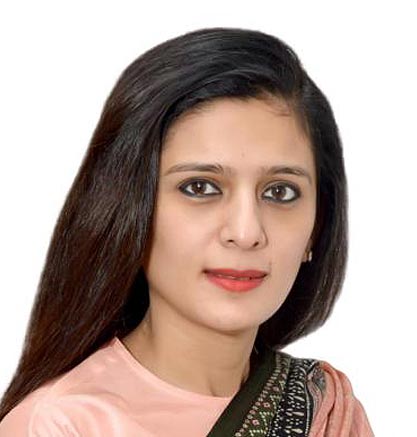-
CENTRES
Progammes & Centres
Location
Today, with international interference in India’s neighbourhood and the rise of armed groups and extremist ideologies, India faces some serious security challenges

Image Source: Getty
This article is a part of the essay series “Budapest Edit”
Myanmar has been in a state of chaos since February 2021, when the military junta took over. The spillover effects of the conflict between the various Ethnic Armed Organisations (EAOs) and the Tatmadaw threaten to have an impact on India’s northeastern states. With a large porous border of 1,643km with Myanmar and over 4096 km with Bangladesh, security and illegal immigration are two of India’s major concerns, in addition to the safety of India’s investments in these countries. Bangladesh, too, after its regime change, has descended into chaos with radical elements asserting themselves and rousing anti-India and anti-minority sentiments.
Many Western countries have sanctioned the junta in Myanmar and have come out in support of the National Unity Government (NUG). Although the US Embassy in Yangon denied reports of providing NUG approximately US$200 million annually, it did accept providing non-lethal assistance to support the protection of civilians, promote human rights, and assist pro-democracy actors, ethnic groups, and others who seek to restore Myanmar’s path to democracy.
It was not long ago that Western countries imposed sanctions on Bangladesh’s elite paramilitary force, the Rapid Action Battalion (RAB). They had expressed concerns about the Sheikh Hasina-led government in Bangladesh and the state of democracy in the country. The US also went as far as stationing “election observers”. Today, with an interim government allegedly approved by Western countries, there are approximately 4,700 dead and countless missing in the clashes that followed Sheikh Hasina’s ouster. Bangladeshi groups have also raised concerns with the European Parliament regarding the deteriorating human rights situation and the safety of minorities in Bangladesh.
Today, with international interference in India’s neighbourhood and the rise of armed groups and extremist ideologies, India faces some serious security challenges. But what must not be overlooked is its implications on regional stability considering India’s Northeast border is perhaps Asia’s most volatile frontier. Balázs Orbán stated during the Budapest Global Dialogue 2024 that this would be an era of sovereignty. In that spirit, one can only hope that this principle applies not only to the Western world but also to countries in the Global South.
Rami Niranjan Desai is an anthropologist and a scholar of the Northeast Region of India. She is a columnist and author and presently a Distinguished Fellow at India Foundation, New Delhi.
The views expressed above belong to the author(s). ORF research and analyses now available on Telegram! Click here to access our curated content — blogs, longforms and interviews.

Rami Desai is an author, anthropologist, and scholar specializing in the North Eastern region of India. She holds degrees in Anthropology of Religion and Theology ...
Read More +